Every year, Human Made gets together somewhere in the world for our annual company retreat. As a fully remote-working organisation this is an important part of our calendar as it gives us time together to renew relationships, make connections, hang out, and work on some of the bigger picture projects that are so much easier to work on in person. We’ve been to Norway, Bulgaria, Spain, Slovakia, Italy, and Sri Lanka: in 2020 we were supposed to gather together in Greece. All of our plans were in place for the end of April, but as conferences around the world were cancelled and there was growing awareness of COVID-19, we made the difficult decision to postpone.
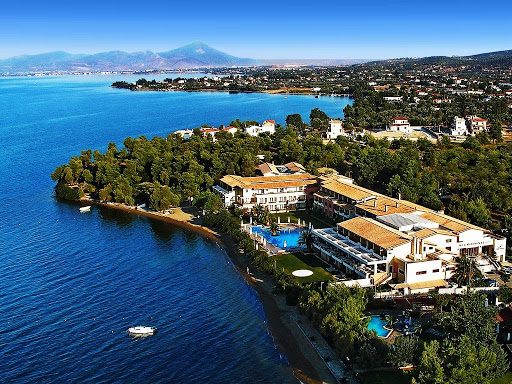
Initially we postponed our retreat to October 2020, but it quickly became clear that we wouldn’t be able to get together as a company any time soon. We also realised that we have become very reliant on our annual retreat in order to create social spaces, spend time with each other, and deal with some of our “tricksier” issues. With no retreat happening, we needed to find ways to achieve the same outcomes online. Some of the outcomes that we wanted to achieve were:
- Creating ways for people to interact in different ways
- Providing space for people to share knowledge
- Providing open spaces for people to talk about issues concerning them
How we approached organising our virtual company retreat
Early on we did a survey to see what types of activities people in the company wanted to do, and if they were even interested in a virtual retreat. There was a general consensus that people wanted to do something although there were a number of comments about not wanting to spend a week on Zoom. As a fully remote company, we already spend a lot of time on Zoom and spending a week on calls, even if they were social ones, wasn’t the approach that we wanted to take.
Instead, we marked out a retreat period of seven weeks, during which we recreated some of the activities that we normally do at our retreat. We wanted people to be able to hop in and out of activities throughout their working day. We also created a mix of synchronous and asynchronous activities so that people could participate even if they weren’t online at the same time as others. This was, however, an experiment. I’ve seen lots of remote companies that straightforwardly move their retreat online and block out a few days for it; so I wasn’t sure if our format would be successful. This comment, from one of our engineers, sums it up well:
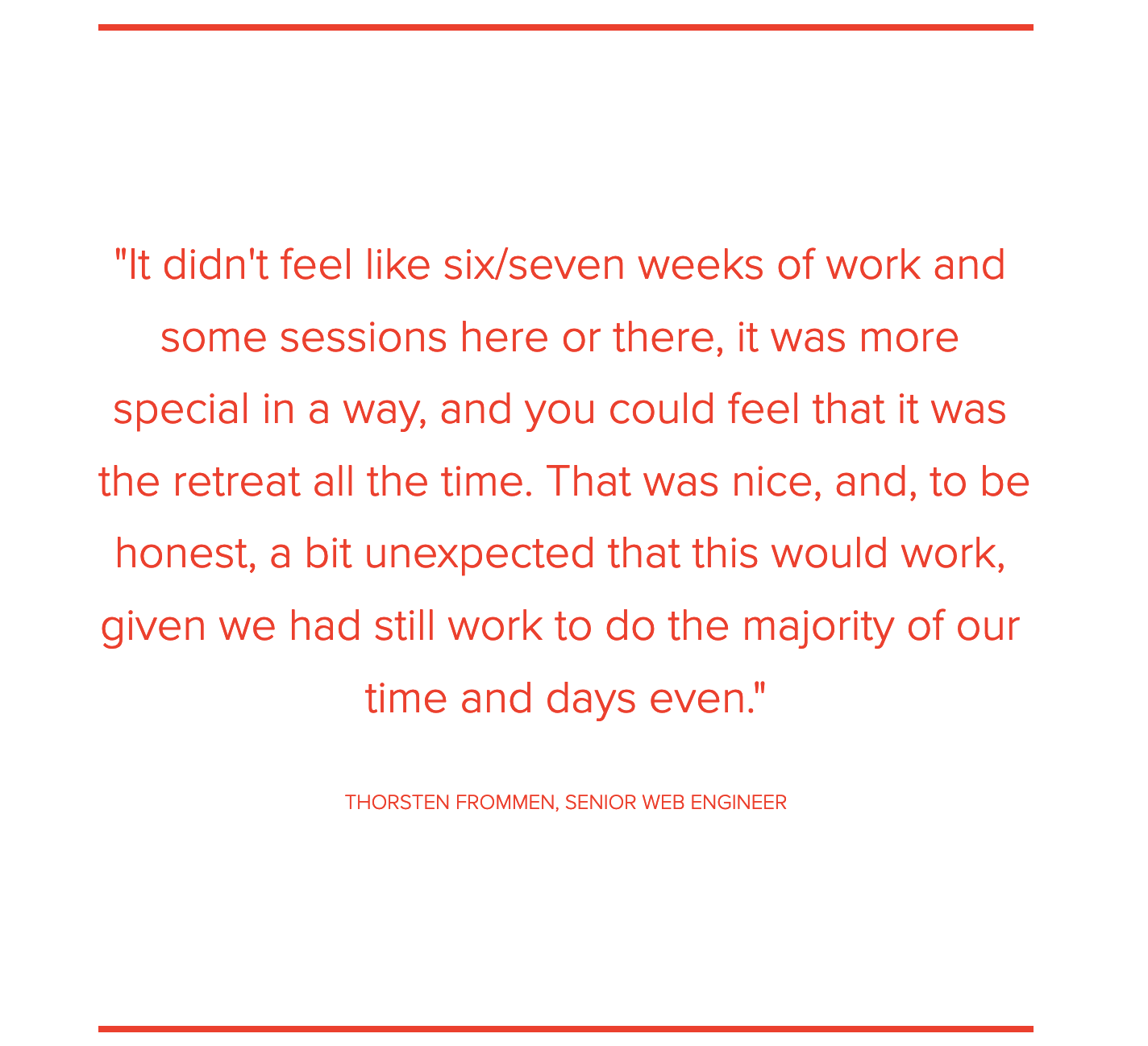
Quick games to connect across teams
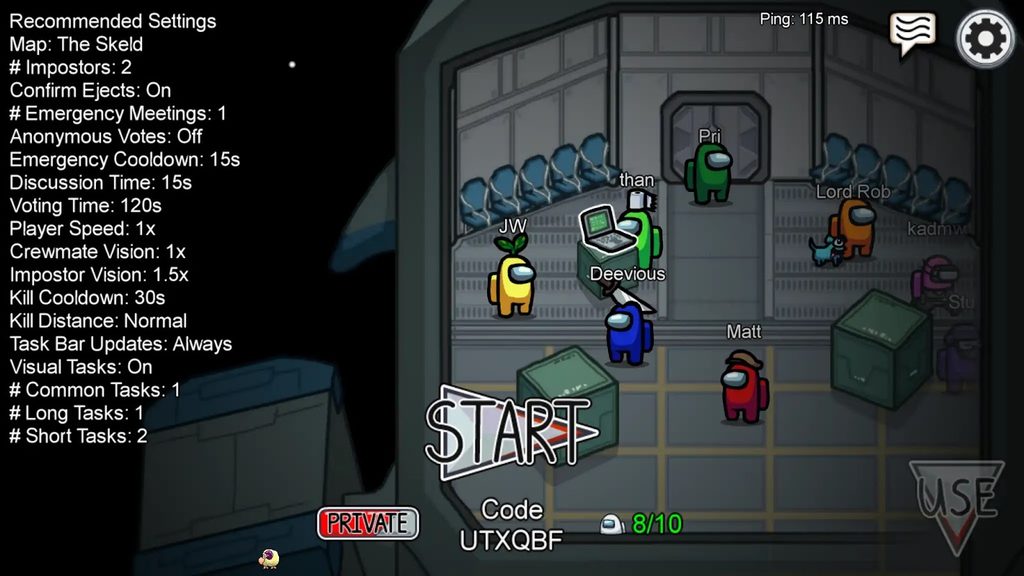
To provide quick and easy ways for people to have some fun together and meet up with others across the company, we scheduled events in our virtual retreat GCal, and used Zapier to post these into our general Slack channel. The Zap posted a game and a link to a Zoom call, so that people could jump on and play.
We wanted games that could be played in 15-20 minutes and that were easy for anyone to set up. The ones we played with most frequency were Skribbl, Among Us, and Typeracer. These games were a really nice way to do something silly and have a laugh with each other. We can spend so much time with our heads down that it’s easy to forget the benefit of stepping back and doing something totally different.
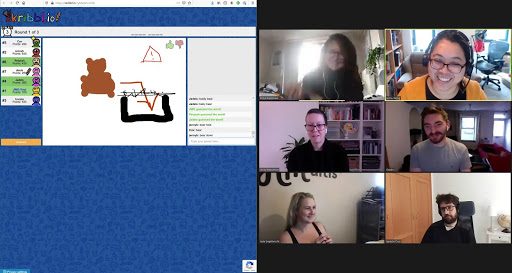
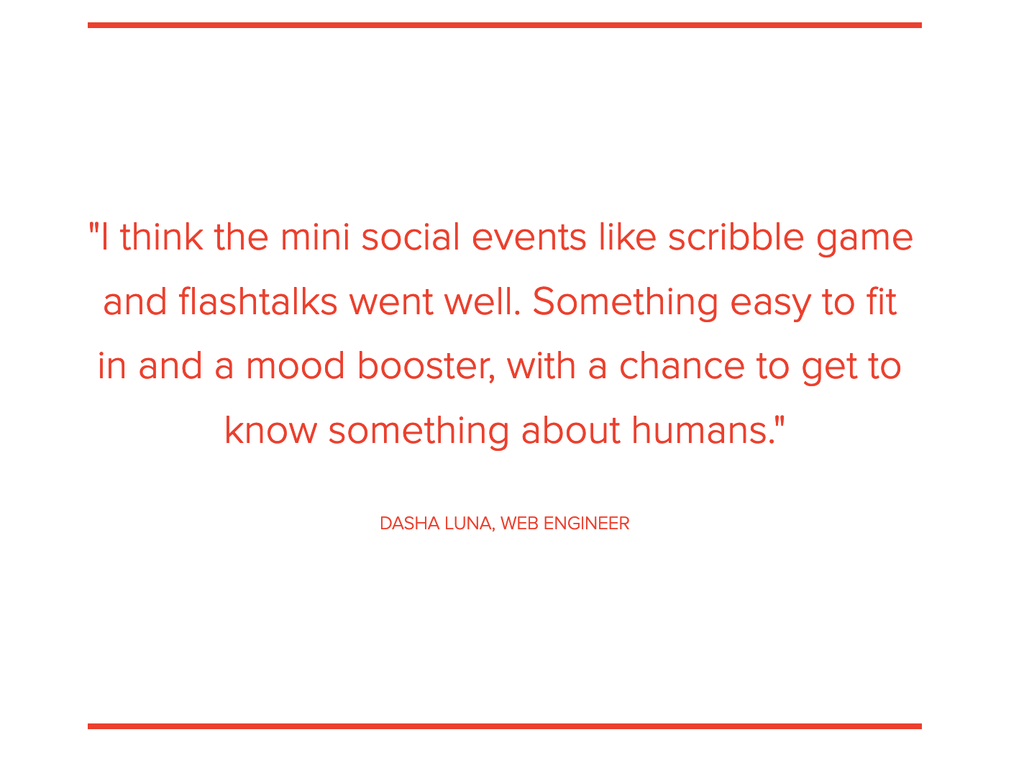
Longer form social sessions: virtual board games, role playing game, escape room
As well as having short games that people could jump onto, we scheduled longer sessions that people could sign up for to play different types of games. We ran multiple sessions of these to hit different time zones to enable as much participation as possible. We had a long form RPG over a number of sessions, played board games using a board game arena, played Jackbox games, and even ran a virtual escape room.
Virtual scavenger hunt
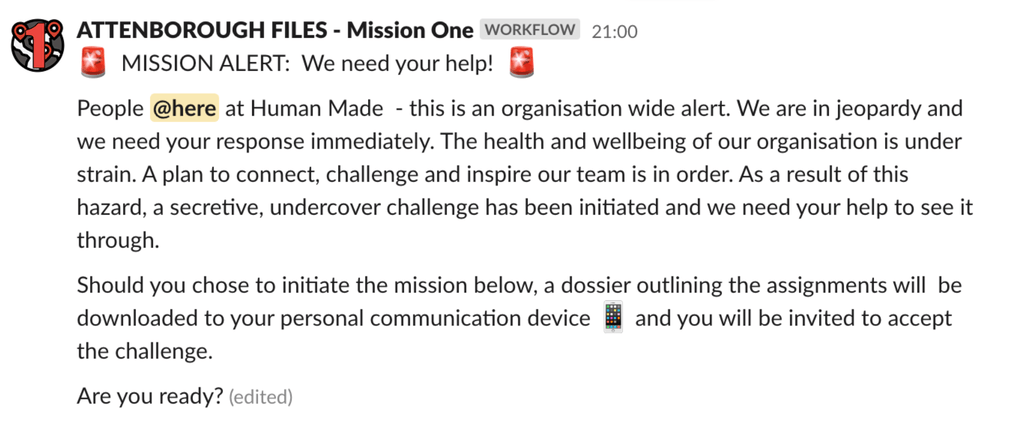
Our virtual scavenger hunt was a huge hit! The scavenger hunt was an asynchronous Slack-based activity in which participants were challenged to do different tasks and share things about themselves. It ran for four weeks and each week we were challenged to do a series of assignments. These included things like sharing your Human Made origin story, hanging out with someone new in the company, sharing your favourite recipe, and much more. It was a fabulous way to get to know one another better.
We will share a follow-up post later in February about how we set up and ran the scavenger hunt, including feedback from our humans and tips on how to replicate it for your teams.
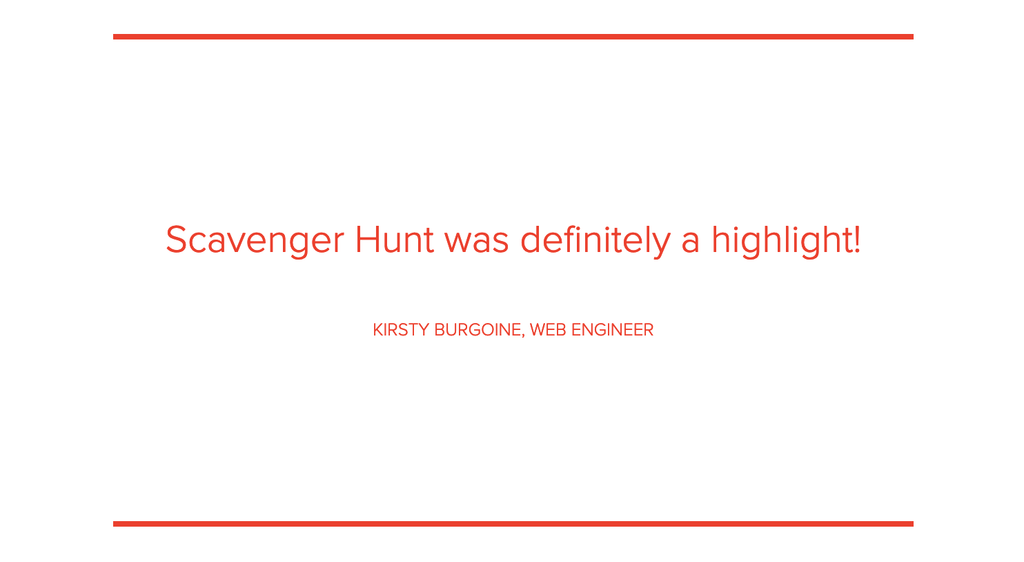
Volunteer-run workshops
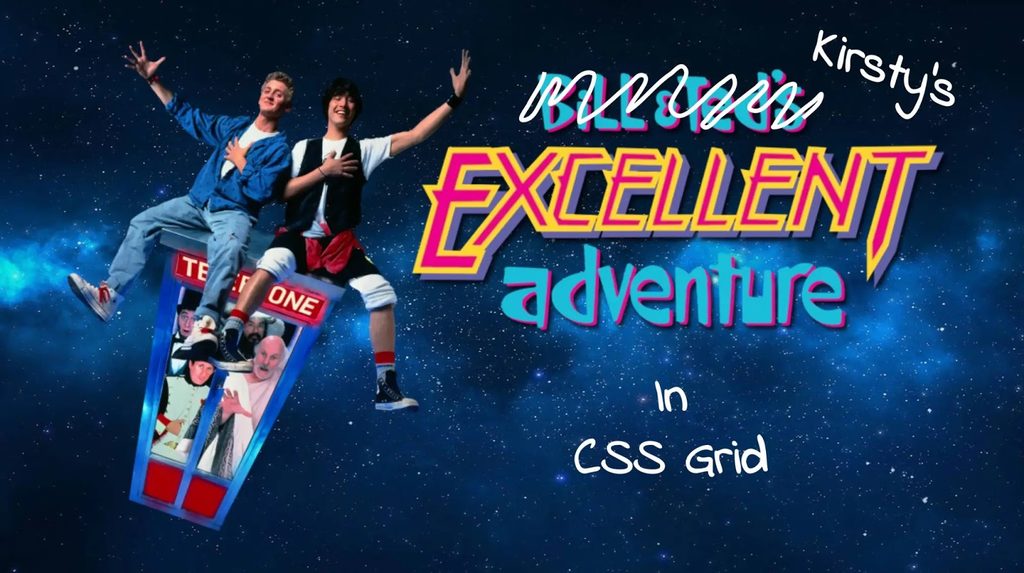
As we often do at our in-person retreat, we asked individuals within the company to volunteer to run workshops. These were wide-ranging, covering topics like the Altis infrastructure, agile methodology, website performance, full-site editing, development testing, and CSS Grid. Knowledge-sharing is a really important aspect of building the capacity of our team so it was positive to create spaces for that to happen.
Flash talks
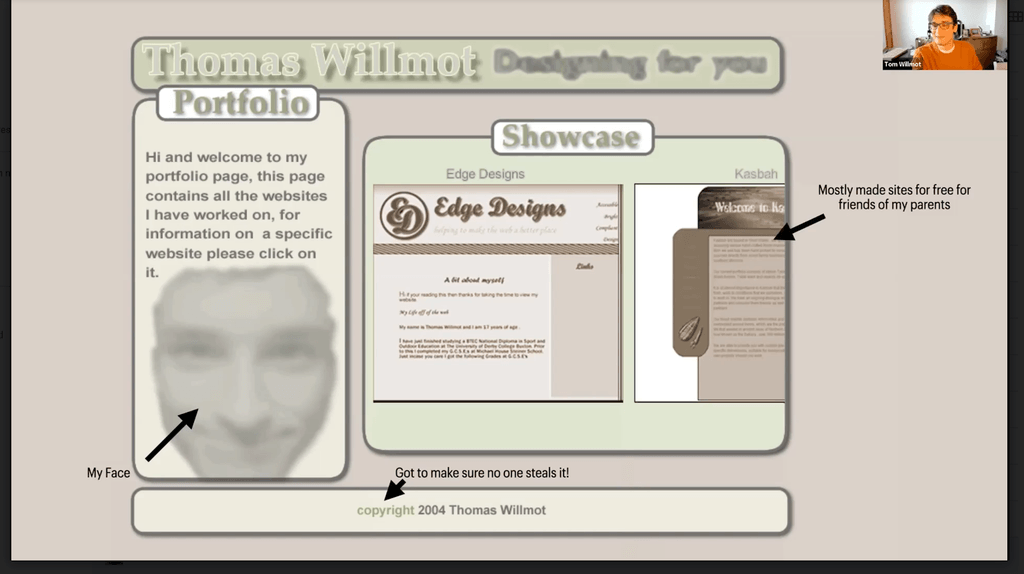
Flash talks are a highlight of our annual retreat. Everyone in the company does a three minute talk about anything at all. Flash talks help us to learn a bit about each other, but they are also a time in which people are up in front of the whole company, being vulnerable, which contributes to a space of psychological safety. There are always a huge range of talks, some funny, some serious, some sad, some silly. This year we had talks that included cryptic crosswords, cooking tuna in its tin, fossils, dogs, careers in music, Kyūdō, and baking.
Open discussions and a virtual “unconference”
One of our core values is “work in the open, welcome discussion” and at every retreat we have an “unconference” in which anyone can propose anything and we talk about it. We did the same online, scheduling multiple discussions throughout the seven week period that covered topics including technical leadership, the future of the company, maintaining morale, agile organisations, and front-end development.
State of the Humans
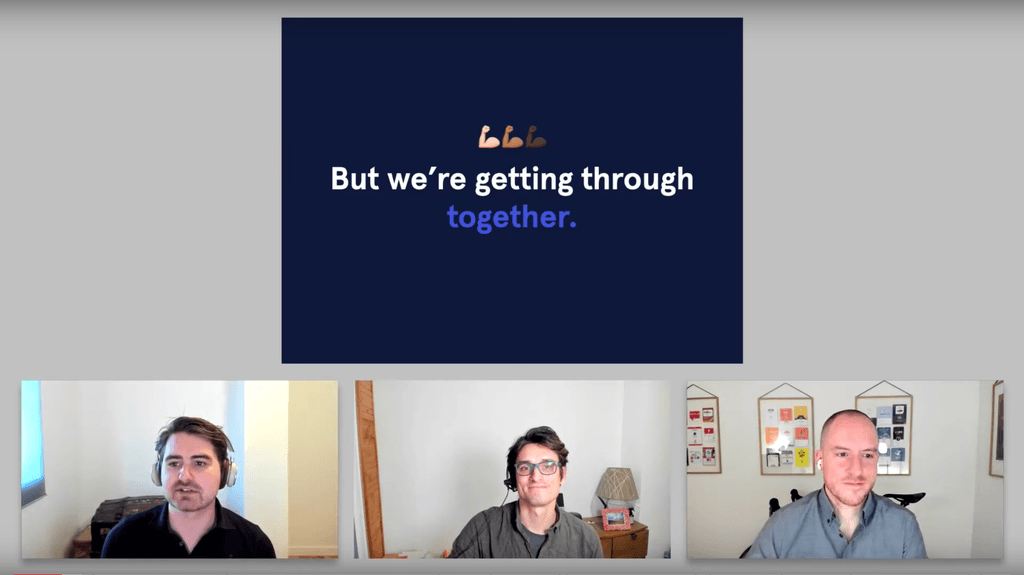
State of the Humans is our annual company presentation about our achievements over the past year and what we have coming up next year. Usually it is given by our Partners Tom, Joe, and Noel, but this year we expanded it to include a wider range of people from across the company, giving them the opportunity to showcase their areas of expertise. We also made the decision to focus on a retrospective of the past year and in March we plan on giving a company wide presentation on what’s coming in the upcoming year.
Misc. other activities

On top of all that, we had a virtual pub quiz (this is something we do every year in person) run by Jenny and Ant, and KAdam did multiple live DJ sets on Twitch, which resulted in a “virtual dance party” explosion of GIFs in our #general Slack channel. We also sent a box of swag to everyone in the company.
Challenges we faced organising and running a virtual company retreat
As part of the planning process and in running the event we did come up against a few challenges:
Time zones
Although we are a global organisation, our demographics are skewed towards EMEA and Americas and the team in APAC is much smaller. As events were run by volunteers, it meant the pool was smaller and so there were fewer events run during APAC-friendly timeslots. Also, it is impossible to get the whole company on at the same time.
People not showing up
It’s very easy for people to RSVP “yes” to an event online and then not show up. Unfortunately, we had a few situations of no one showing up for an event when someone had gotten up early to run it.
Work pressures
We have a wide range of work schedules, many of which are tied to client requirements. This meant that it was difficult to get even participation across the company. This meant some people had more opportunities to participate than others.
However, despite those challenges, the retreat was a positive experience for Human Made employees.
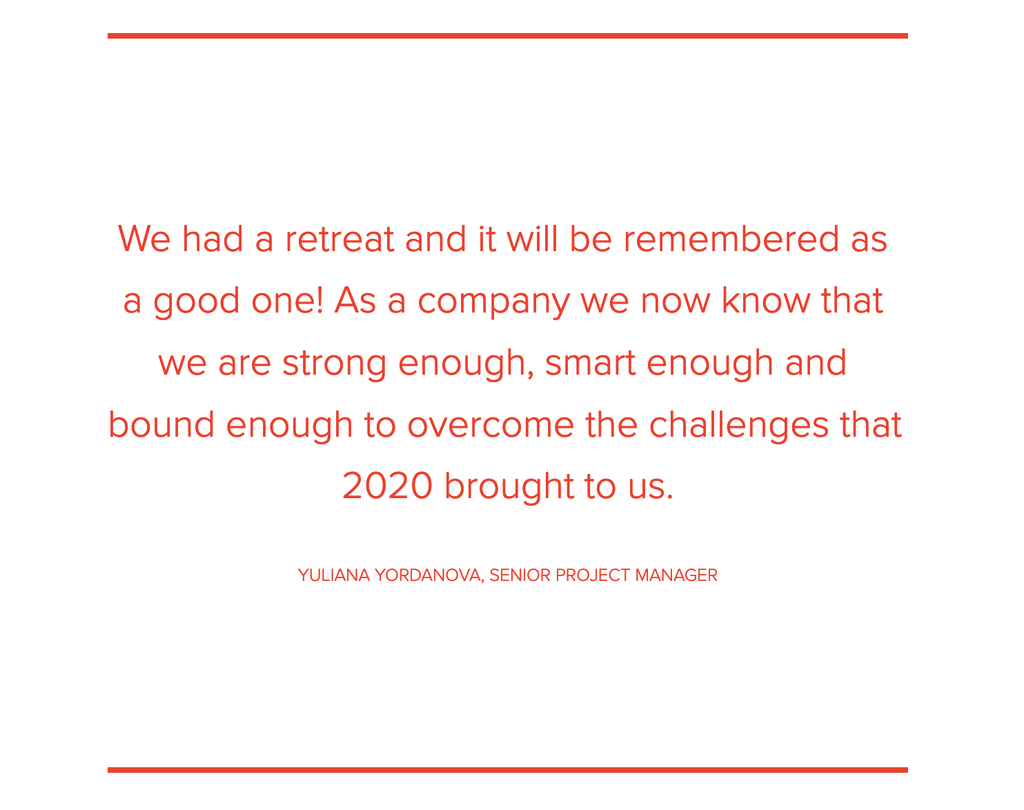
What’s next?
Our virtual retreat was an experiment and we’ve learned a lot that we can take forward into 2021. One of the big takeaways for me is that we need to be socialising and sharing with each other all of the time. It’s not enough to work, work, work, throughout the year and save all of our fun for the annual retreat. If we want to create a working environment in which people are engaged, fulfilled, motivated, and feel safe, then we need to be actively creating that space at all times. We’re planning to continue playing quick games Skribbl and Typeracer well into 2021, and we’re looking at different ways that we can create a lightweight version of our virtual retreat all of the time.
Many thanks to Jenny Wong, Dee Teal, Mitesh Pandey, Sumaiya Gangat, and Daisy McEachen-Bramwell, and everyone else across Human Made who helped make our first virtual retreat a success!
